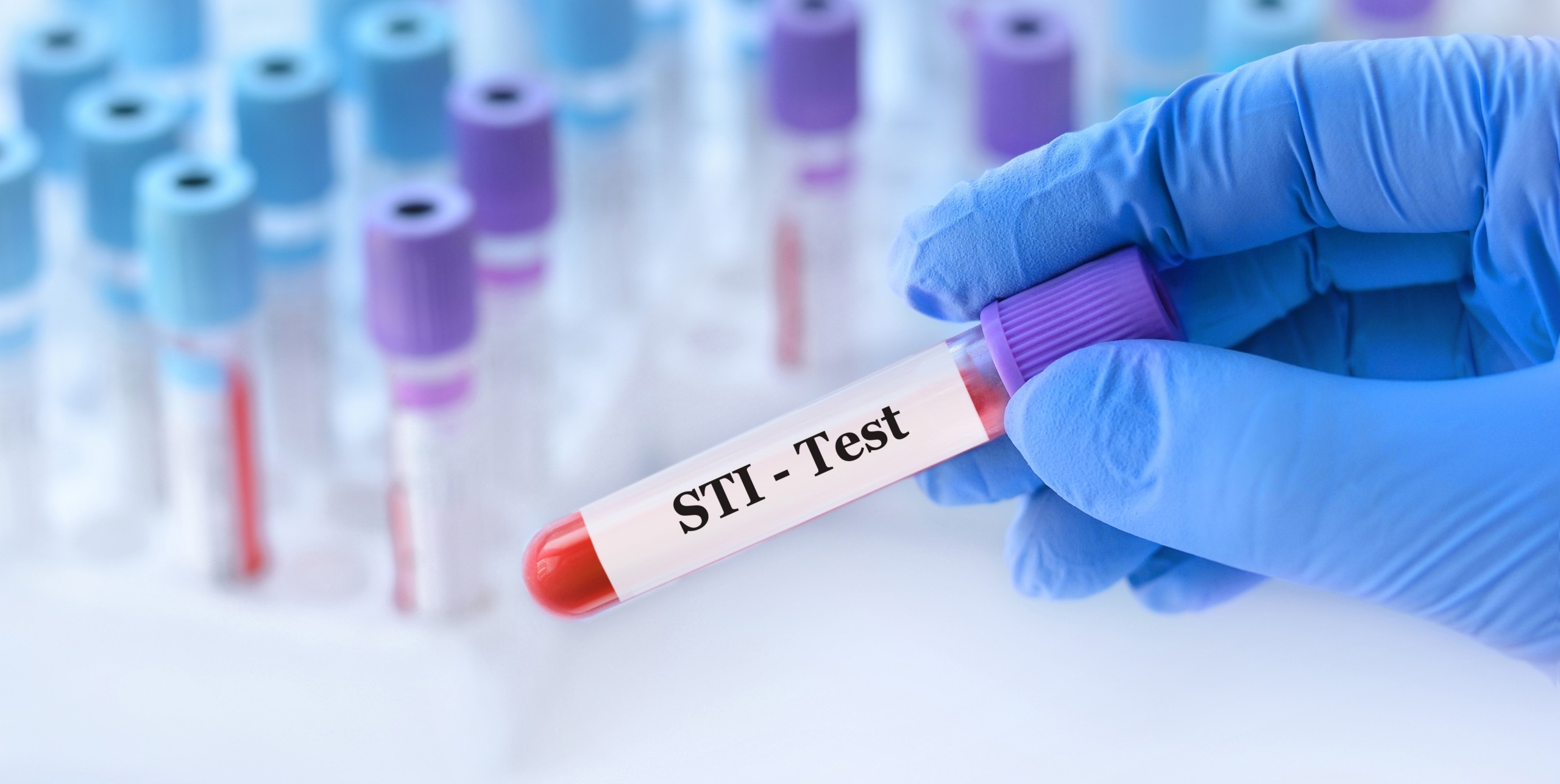Sexually transmitted infections (STIs) can impact multiple aspects of your health. If they go untreated, STIs can also potentially impact your fertility. In this article, we’ll delve into the relationship between STIs and male fertility, the potential risks, and what steps you can take to protect your reproductive well being.
Do STIs impact male fertility?
STIs are primarily spread through unprotected sexual contact. Some of these infections, in particular chlamydia, gonorrhea, and human papillomavirus (HPV) can lead to infertility if left untreated. Since some of these infections have no apparent symptoms, they can be difficult to diagnose and are often only discovered after a couple seeks infertility treatment.
Infertility affects 15% of couples, and 50% of these are attributed to the male. STDs are estimated to cause 15% of male infertility cases as they interfere with the physiology of the male reproductive system. Inflammation, scarring or blockages in the reproductive organs cause damages which impact the production and transport of healthy sperm. This can lead to a lower sperm count, reduced sperm motility (movement), and in some cases, even permanent infertility.
Common STIs that Affect Male Fertility
-
Chlamydia
Most people with chlamydia do not have any symptoms. If you do get symptoms, they can start anywhere from 1 week to several months after infection. According to a 2013 study, chlamydia causes direct damage to sperm, leading to reduced sperm movement, an increase in the number of unhealthy sperm, and DNA fragmentation.
Chlamydia is treatable with antibiotics, but early detection is key to avoid long-term damage.
- Human Papillomavirus (HPV)
HPV is the most common STI: it is estimated that 38.5 per 1000 men are infected with HPV per month. Studies suggest HPV infection may reduce sperm motility and vitality and increase antisperm antibodies, though findings on its effect on sperm parameters are mixed.
There is no specific treatment to cure HPV itself, but the body’s immune system often clears the virus naturally within two years. Treatment usually focuses on managing the symptoms caused by HPV, such as genital warts.
-
Gonorrhea
Similar to chlamydia, gonorrhea often presents with no symptoms but can lead to complications if left untreated. The infection can cause scarring of the urethra, an abscess inside your penis, and inflammation of the tubes near your testicles (epididymitis). Gonorrhea has also been associated with reduced sperm motility and abnormal sperm morphology.
Antibiotics can cure gonorrhea and reduce your chances of long-term complications.
-
Syphillis
Syphilis doesn’t have a direct effect on male fertility, but complications from the disease can cause damage to the reproductive system over time. Scarring of the sperm ducts can prevent sperm from being released during ejaculation and if left untreated, the disease can also begin degenerating nerves, eventually leading to erectile dysfunction.
Syphilis is curable with the right antibiotics, but treatment might not undo the damage caused by the infection.
Protecting your fertility
Many of the fertility risks associated with STIs are preventable and treatable. Using protection, getting regular STI screenings and treating infections promptly can lower your overall risks.
If you’ve had an STI in the past and are experiencing fertility issues, you should consult a fertility specialist. They can perform tests to assess your sperm health and offer guidance on treatment options if any damage has occurred. You can also keep monitoring your sperm health with at-home kits, such as the YO Home Sperm Test, and share your results with your healthcare provider.
Key Takeaway
While STIs can impact male fertility, the risks can be reduced with prevention, early detection, and prompt treatment. Taking proactive steps to protect yourself and your partner helps safeguard your reproductive health. By using protection, getting regular screenings, and addressing any infections immediately, you can safeguard your fertility for when the time comes to start a family.







